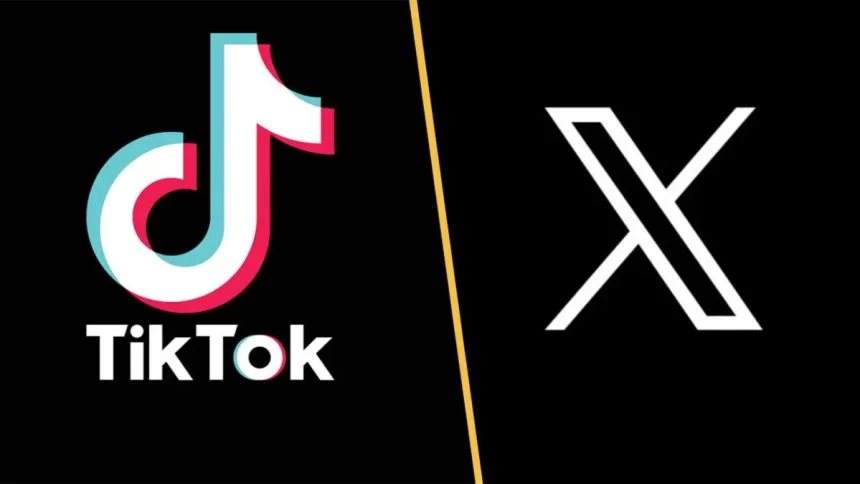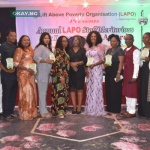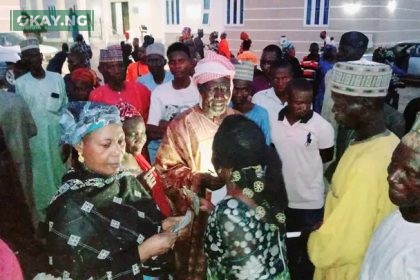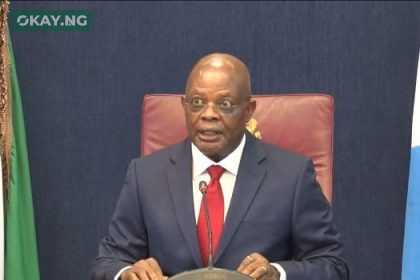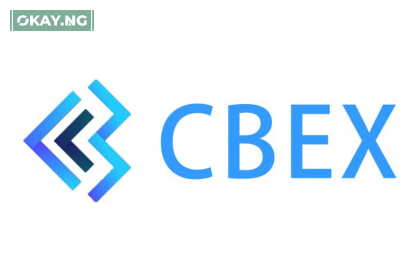In a bid to bolster Nigeria’s digital economy and generating employment, Senator Ned Nwoko has called for social media giants like TikTok and X (formerly Twitter) to establish physical offices in the country. He argues this mandate, proposed in the amendment of the Nigerian Data Protection Act 2023, could unlock at least 200,000 jobs for Nigerian youths and significantly increase tax revenue.
“We have millions of young, talented Nigerians looking for jobs,” Nwoko stated in an interview with the News Agency of Nigeria (NAN). “These social media companies are employing thousands of people in other countries, yet they ignore our people.”
The senator’s push addresses a long-standing concern: the unchecked operation of international tech companies within Nigeria’s digital space. “For too long, the country had allowed big tech companies, social media giants, and digital platforms, to operate freely in Nigeria without accountability,” he explained.
The proposed legislation, according to Nwoko, is not intended to stifle business but to ensure a fairer economic relationship. “They make billions of dollars from our people, yet they do not pay the right taxes, they do not create enough jobs for our youths, and when we have issues, we don’t even know where to find them,” he said.
He points to international precedent, noting that countries like France, Ireland, and the UK have successfully compelled these companies to establish local offices. “Other countries are doing it. Why Not Nigeria? Are we less of a nation? No!” Nwoko asserted.
The potential economic impact is substantial. Nwoko estimates Nigeria loses at least $10 billion annually in unpaid taxes from these companies. “In the last 10 years alone, we have lost more than 50 billion dollars. This cannot continue,” he emphasized. “If these companies want to operate in Nigeria, they must pay their fair share of taxes like every other business.”
Read Also: Meta Platforms Announces New Round of Layoffs in Africa, Europe, and Asia
Furthermore, the bill seeks to regulate digital content creators and bloggers. “Bloggers should belong to a recognised media union,” Nwoko proposed. “If there is a complaint against a blogger, there must be a professional body to hold them accountable.” He emphasizes that bloggers, like other professionals, should contribute to the tax base. “Bloggers are making money too and should pay taxes if they earned enough in line with the new tax laws of President Bola Tinubu,” he stated.
This call for regulation comes amidst a shifting landscape. While Meta, the parent company of Facebook, maintains a presence in Nigeria, recent workforce reductions and office space adjustments signal a potential shift in their operational strategy. This context underscores the urgency for clear, enforceable digital regulations.
For many young Nigerians, the promise of 200,000 jobs is more than just a statistic; it represents a tangible opportunity in a challenging economic climate. It is a chance to participate meaningfully in the digital economy that shapes their daily lives. The senator’s proposal, while rooted in economic data, also touches on the aspirations and frustrations of a generation seeking its place in a rapidly evolving world.
By advocating for a balanced approach that ensures accountability without stifling innovation, Nwoko aims to create a digital ecosystem that benefits both the companies and the Nigerian people. As the debate unfolds, the nation watches, hopeful for a future where digital growth translates to tangible opportunities for its youth.


